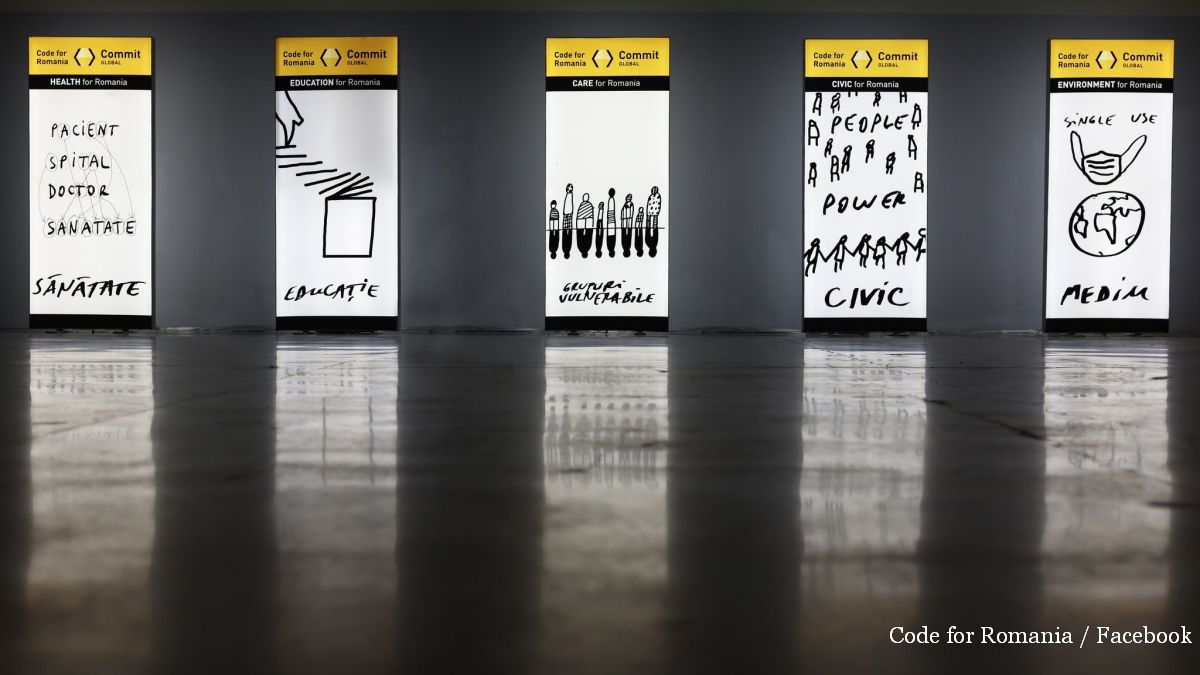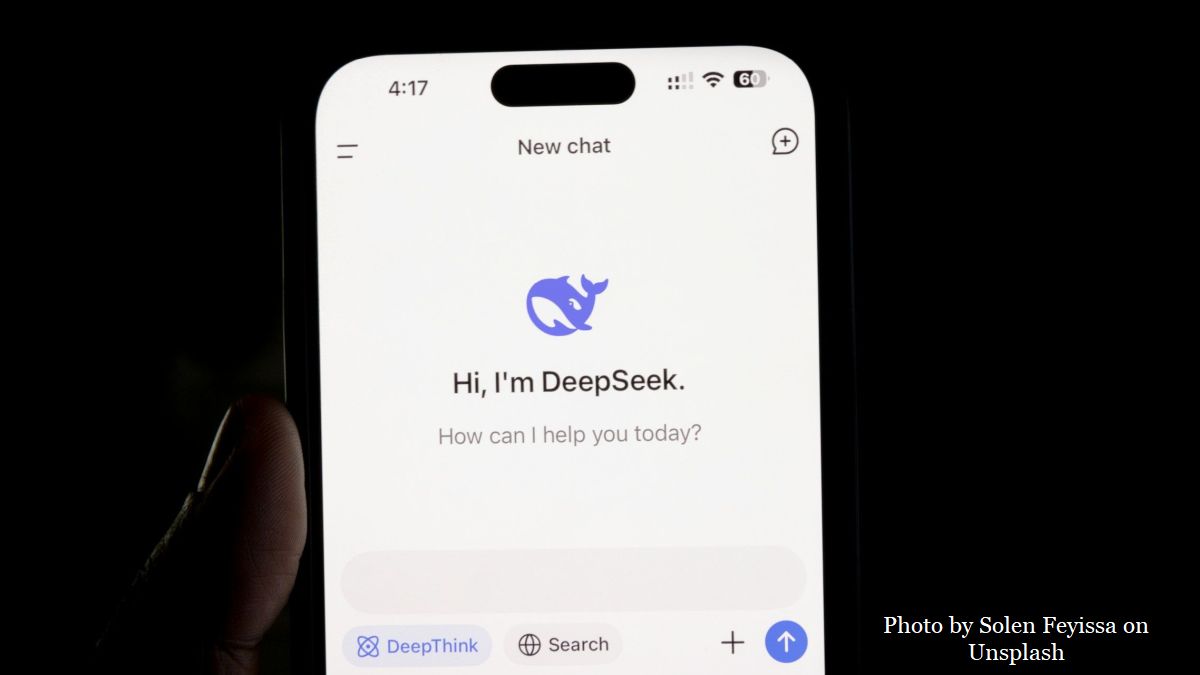Code for Romania
Under the motto ‘We are the ones we have been waiting for’, Code for Romania was born in 2016.

Corina Cristea, 21.02.2025, 14:00
Under the motto ‘We are the ones we have been waiting for’, Code for Romania was born in 2016. It is an organization that builds a huge infrastructure dedicated to good and democracy every day, creating digital tools and IT solutions for the problems people are facing. The first solution developed was votdiaspora.ro, a platform by means of which the Romanians outside the country could more easily find their way to the polling stations. Since then, computer scientists, sociologists, researchers, designers, communicators and more, around 3,000 volunteers in total, have so far provided the Romanian state and citizens with dozens of free applications that make life easier. How? Code for Romania processes millions of data, statistics or laws and transforms them into useful websites and applications for citizens. Thus, Romanians can follow, for example, the results of the voting in elections in real time, and anyone can find out useful medical information by accessing the Sănătatea Mintală.ro (Mental Health.ro) or Centrul de sănătate.ro (Health center.ro) applications.
Also, thanks to Code for Romania, the Department for Emergency Situations has an IT platform through which it can coordinate humanitarian resources in case of disasters. In this area, the digital infrastructure has become a European model, and now countries such as the Netherlands, Germany or Italy are looking with admiration at the way Romania has implemented new technologies in the field. The founder of Code for Romania is Bogdan Ivănel, who is not an expert in technology, but a doctor in international law in Paris, with an academic background that includes the University of Utrecht, Oxford and Berkeley. He decided to return to Romania after almost 11 years abroad, the trigger being the tragedy at Colectiv club, when dozens of people attending a concert died in a fire.
To understand the problems that it was trying to solve, for eight years Code for Romania ran Civic Labs, the largest research program in Romania’s recent history, analyzing 37 major problems in five key areas – Education, Environment, Vulnerable Groups, Health and Civic Participation. More than 400 digital solutions needed by Romania have resulted, and Code for Romania has already built 70 of them.
Bogdan Ivănel is here with details: “Our ambition has always been high, that of building all the infrastructure that Romania needs from a digital point of view. When we say we are digitizing Romania, we are not only thinking about public services, such as the National Agency for Fiscal Administration (ANAF), we are thinking about the whole social area where these things are greatly needed. I’m going to give an example of technology being used for the good of society – a case management system for victims of domestic violence used by the NGOs, the shelters that rescue and help victims of domestic violence so as to be able to coordinate with each other, to know how many beds are available, how many psychologists they have at their disposal, how many lawyers are available to go with the victims to the Institute of Forensic Medicine (IML), to the Emergency Room, where needed.”
In 2022, Code for Romania designed the Dopomoha platform, the system through which the Romanian state distributed accommodation and aid for the Ukrainian refugees. The IT platform quickly caught the attention of the media and of international organizations, and the project received an award at the Paris Peace Forum and in the United States. The next step was taken in 2023, when Commit Global was set up, the global version of Code for Romania, the first NGO created by Romanians with an international impact.
Here is back at the microphone with details Bogdan Ivănel: “We realized very quickly that these instruments that we were building in Romania were needed in many other places of the world. We have been contacted many times by organizations from other parts of the world, governments, that said ‘we also need this tool that you have built’. And we simply didn’t have the capacity to do that. Because we were very few and because our mission, after all, is Romania. And we realized that the needs are the same, 90% of the needs are the same anywhere in the world. An earthquake or a flood happens the same way, whether it’s in Mexico, whether it’s in Turkey, whether it’s in China or Romania. The things we need after an earthquake are the same no matter what language we speak. We managed to convince governments from all over the world, we received support from The Hague City Hall and now our global headquarters is in The Hague and a whole team of Romanians are working from there. We received support from the German government, which is our strategic partner and which we managed to convince. We managed to open doors all over the world. We were welcomed to the White House, we talked to the Swiss government, the Swedish government, the British government, to be able to bring them into this coalition of states and funders to make this possible, a global infrastructure that any organization that does good things can access’ so we do not have to build the same things again, and again, and again, spending a lot of money.”
The idea from which it started was that if the organization builds a technology to provide help after an earthquake, to help pregnant women, to help in the fight against domestic violence, why not go to other countries of the world, and the proposal we made at the global level started from the idea that we have a great global emergency, we have many crises that are only multiplying day by day, says Bogdan Ivănel. And, he added, to be resilient in the face of these crises, we need to equip those organizations that save our lives with the technology they need for greater speed and coordination. (LS)





























